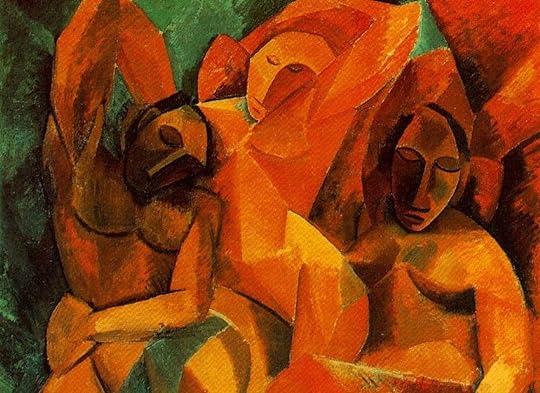What do you think?
Rate this book


264 pages, Paperback
First published January 1, 1993


"Does he really think big emotions come from big words? He thinks I don’t know the ten-dollar words. I know them all right. But there are older and simpler and better words, and those are the ones I use."
[Woolf] sets the image of the clock ticking at the heart of fiction: Emily Bronte tried to conceal it, Sterne turned it upside down, Proust kept changing the hands to make things happen at the same time. Stein destroys it altogether, and when the clock is broken, syntax and all the other pacing elements perish with it.